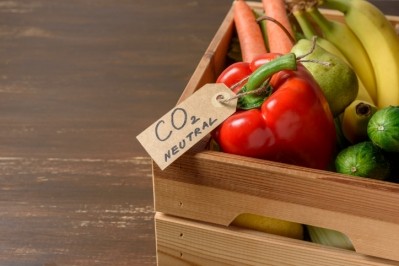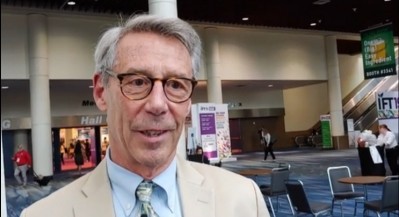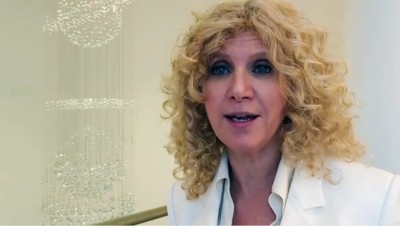Investing in the Future of Food: FoodShot Global invests in ‘Soil 3.0’ to help feed a growing population
As the non-profit investment platform nears its one-year anniversary, it is celebrating by giving a combination of prize money and investment funds to the winners of its first MoonShot Challenge, which focused on Innovating Soil 3.0.
The winners announced last week include Trace Genomics, which received investment funding from FoodShot Venture Partner, S2G Ventures, for the development of the first analytics engine that learns as it maps living soil. In addition, a $250,000 GroundBreaker Prize went to Dr. Keith Paustian for developing a COMET tool systems, which increase cop yield by analyzing the soil’s DNA. A second $250,000 GroundBreaker Prize went to a Dr. Gerlinde De Deyn, a professor of soil ecology, for her work in plant-biodiversity, trait-based approaches to plant-soil interactions and more. And a final $35,000 prize went to Dr. Dorn Cox for his vision in developing the Open Technology Ecosystem for Agriculture Management, which provides universal access to site specific global agriculture knowledge.
In this episode of FoodNavigator-USA’s Investing in the Future of Food, the founder of FoodShot Global, Victor Friedberg, shares why the non-profit is investing in soil development, how it relates to the CPG industry and why a combination of resources is necessary for the long-term success of entrepreneurs seeking transformative change.
‘A new epic’
FoodShot Global was created as a global collaborative effort by a consortium of mission-aligned venture funds, banks, corporations, universities and foundations that all shared an interest in creating a food system that is “healthy, sustainable and equitable,” said Friedberg, who also is a venture capitalist and the co-founder of S2G Ventures.
He explained to FoodNavigator-USA that he has always believed that science, technology, investment, innovation and entrepreneurs are fundamental change agents in reaching that goal, but that none of them can achieve it on their own.
“This is going to have to be a collaborative effort, and that was the spark for FoodShot Global,” he said.
He added that the collaboration is focused on finding solutions to the “macro consequences” of “how we produce, manufacturer, transport, package, and consume food,” all of which are “major drivers crashing through planetary boundaries and landing us in to this new epic.”
This new epic “is being defined for the first time not on geographical, geological and species change, but instead on scientific assessment that many is having a direct impact on the fundamental nature of the planet.”
Given the vast scope of the challenge, Friedberg added that FoodShot Global is not looking for incremental change, but rather “moonshots for better food.”
Given that moonshots often need more funding and a longer-time frame for returns, FoodShot Global is bringing together patient capital, such as prize money, with shorter-term investments such as from venture capitalists and private equity to create a “capital continuum,” Friedberg said.
“Prize dollars and grants can be an early research, then the venture groups can come in and do that first commercialization investment, and then the founders can come in with PRI dollars, related investments and then growth funds can come in. After that, you get this longer-time horizon, which is soft of the right runway for truly transformative innovations,” he explained.
Soil 3.0
But why invest first in soil? And why “soil 3.0”? As Friedberg explains, healthy soil is fundamental to healthy food, which not only is key to feeding a growing population but also a fundamental sales drive in the food and beverage space currently.
“Soil sort of started is journey as a rich complex evolutionary eco system that was the root for agriculture,” which was “soil 1.0,” but over the years it evolved with the use of synthetic fertilizers to become “a delivery system for chemicals to fight weeds, pests and to enhance yields,” which became “soil 2.0” and worked for a few hundred years, Friedberg said.
But, he added, the approach to agriculture characterized by soil 2.0 is no longer returning the yields and support needed to feed the growing population – prompting FoodShot to invest in the next phase of soil health – or soil 3.0 – which can help ensure there is sufficient food for the future.
He tied this back to the CPG industry by noting that the consumer “ultimately drives the entire system,” and shoppers’ increasing desire for nutritious and organic food is putting pressure on manufacturers to find farmers who are actively involved in the development of soil 3.0.
“Soil needs to be the starting point for those CPG brands to hold that promise to their consumer and bring more transparency, more flavor, more nutrition to that, and you don’t get there without soil,” he concluded.
















